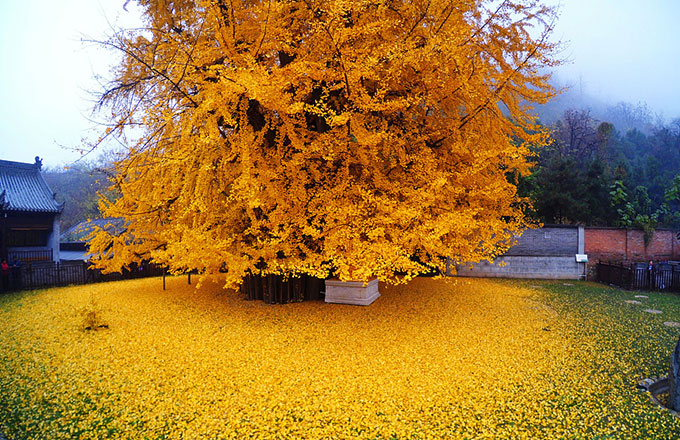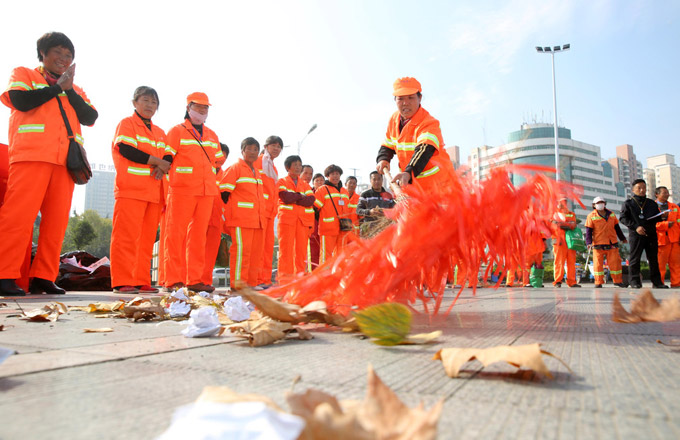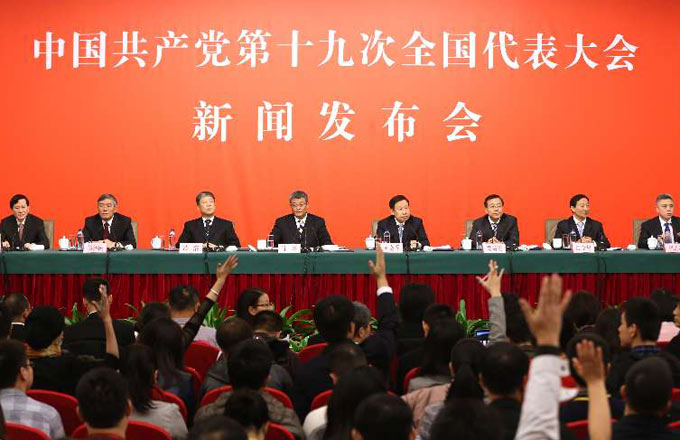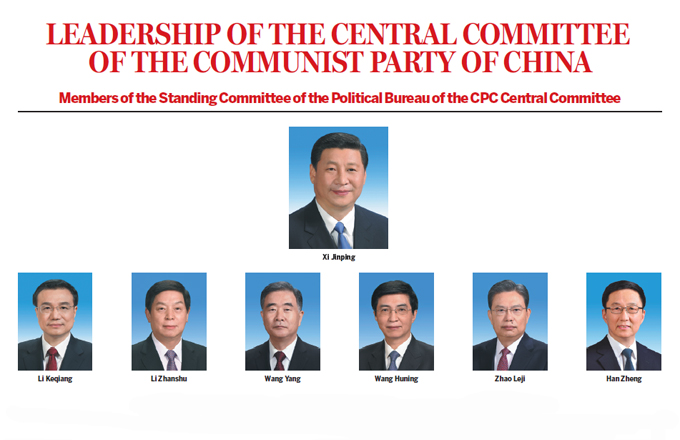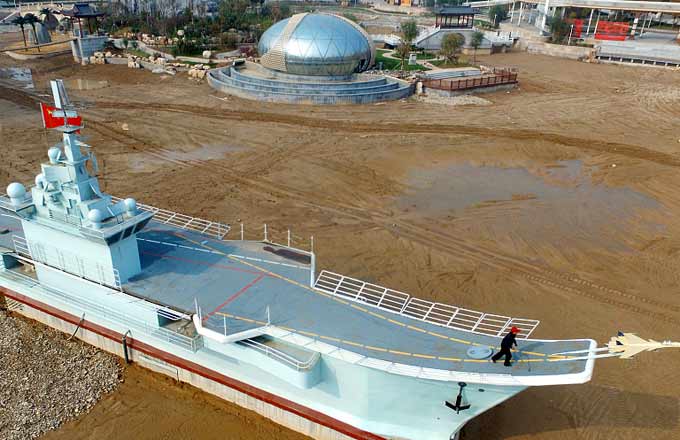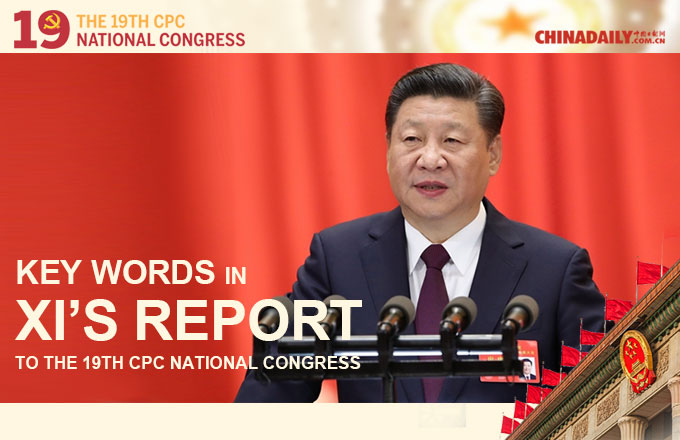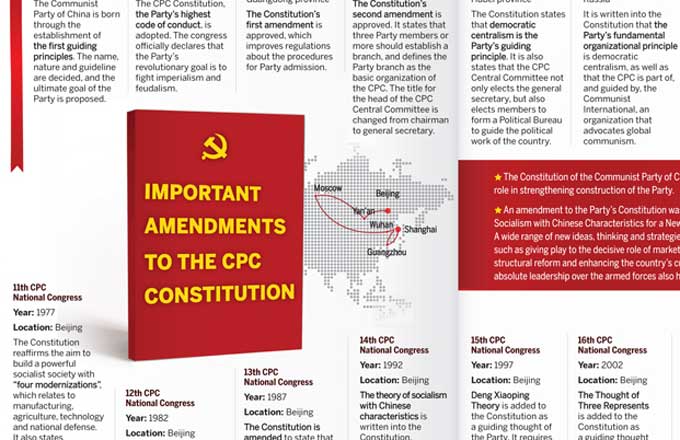Mother's labor camp lawsuit reaches final hearing
In June last year, the Hunan Provincial Higher People's Court sentenced two of the girl's kidnappers to death. Four others received life sentences and another man was sentenced to 15 years in prison.
The sentences did not satisfy Tang, and she petitioned for harsher punishment. She also accused the police of dereliction of duty in her daughter's case.
On Aug 2, when she was petitioning in front of a local government building in Yongzhou, she was put into a labor camp for "seriously disturbing social order and exerting a negative impact on society".
She was sentenced to 18 months in the laojiao camp, but was released eight days later amid public outcry urging her release. The Yongzhou laojiao committee explained afterward that she was released out of "humane concerns" rather than from a wrong verdict.
In January, she filed a lawsuit against the committee, but her request for an apology and compensation was denied by the court in April.
An obsolete system
The practice of laojiao, the system of re-education through labor, was established in the early 1950s and legalized in 1957 by China’s top legislature.
Under the laojiao system, used to detain people for committing minor crimes, a person can be confined for up to four years without an open trial.
The laojiao system was imposed at a time when the nation attempted to create social order after the establishment of the People’s Republic of China in 1949.
In recent years, however, the public has been strongly opposed to the practice, particularly among legal professionals.
Many argue China has already established legal procedures and facilities for prosecuting and punishing petty criminals, rendering laojiao obsolete.
In early February, Meng Sutie, secretary of the Yunnan provincial Party’s commission of politics and law, announced that people suspected of jeopardizing State security, repeatedly petitioning or defaming the image of Party leaders will no longer be punished through laojiao.
At a news conference in March, Premier Li Keqiang said that the laojiao system might be reformed this year.
The top legislature is working to draft a new law on legal procedures for prosecuting illegal acts that is more lenient and protective of the rights of minor offenders. The law is widely believed to put an end to laojiao.
China Daily




